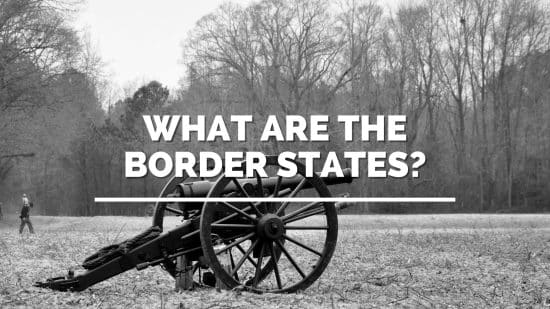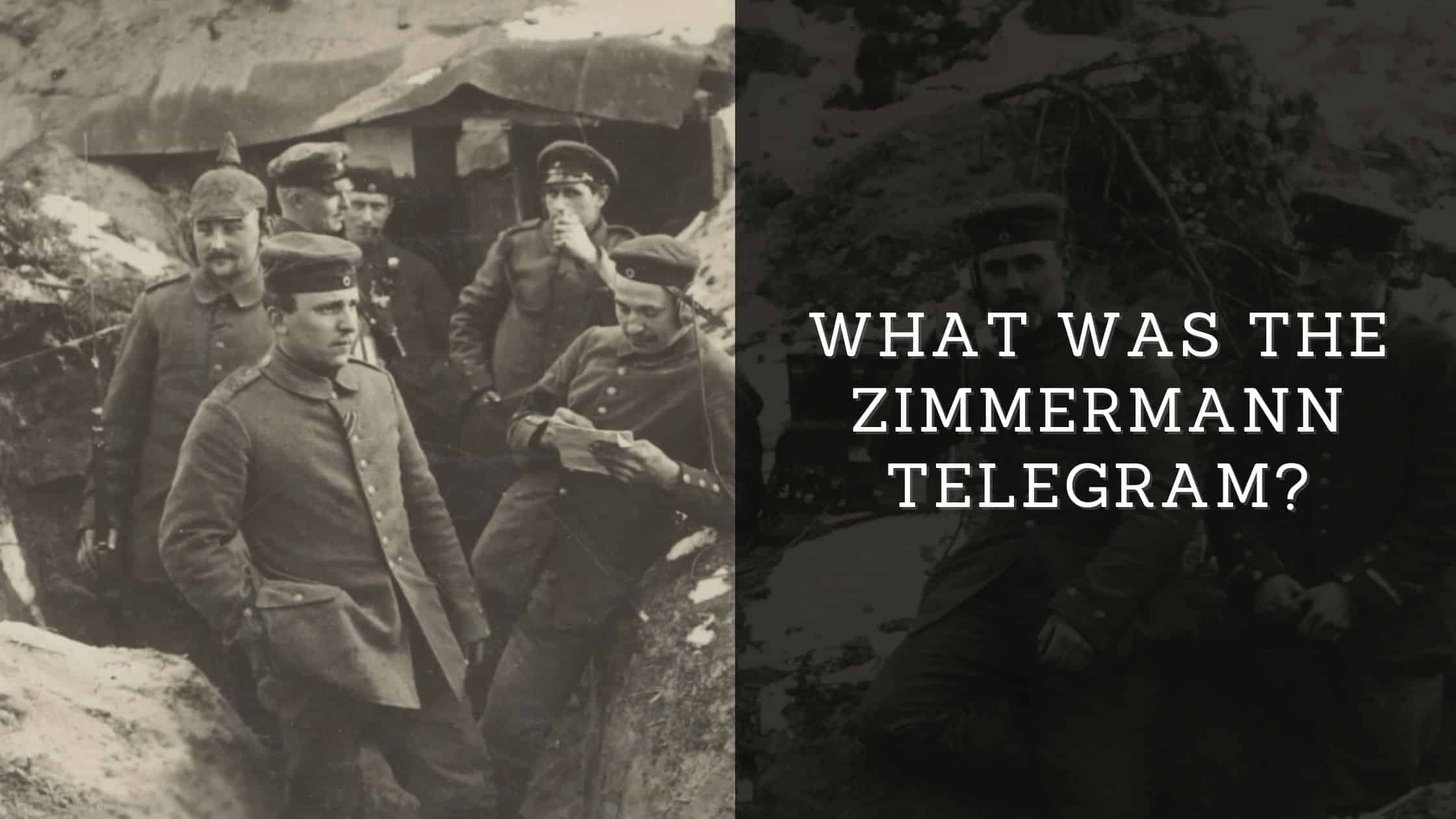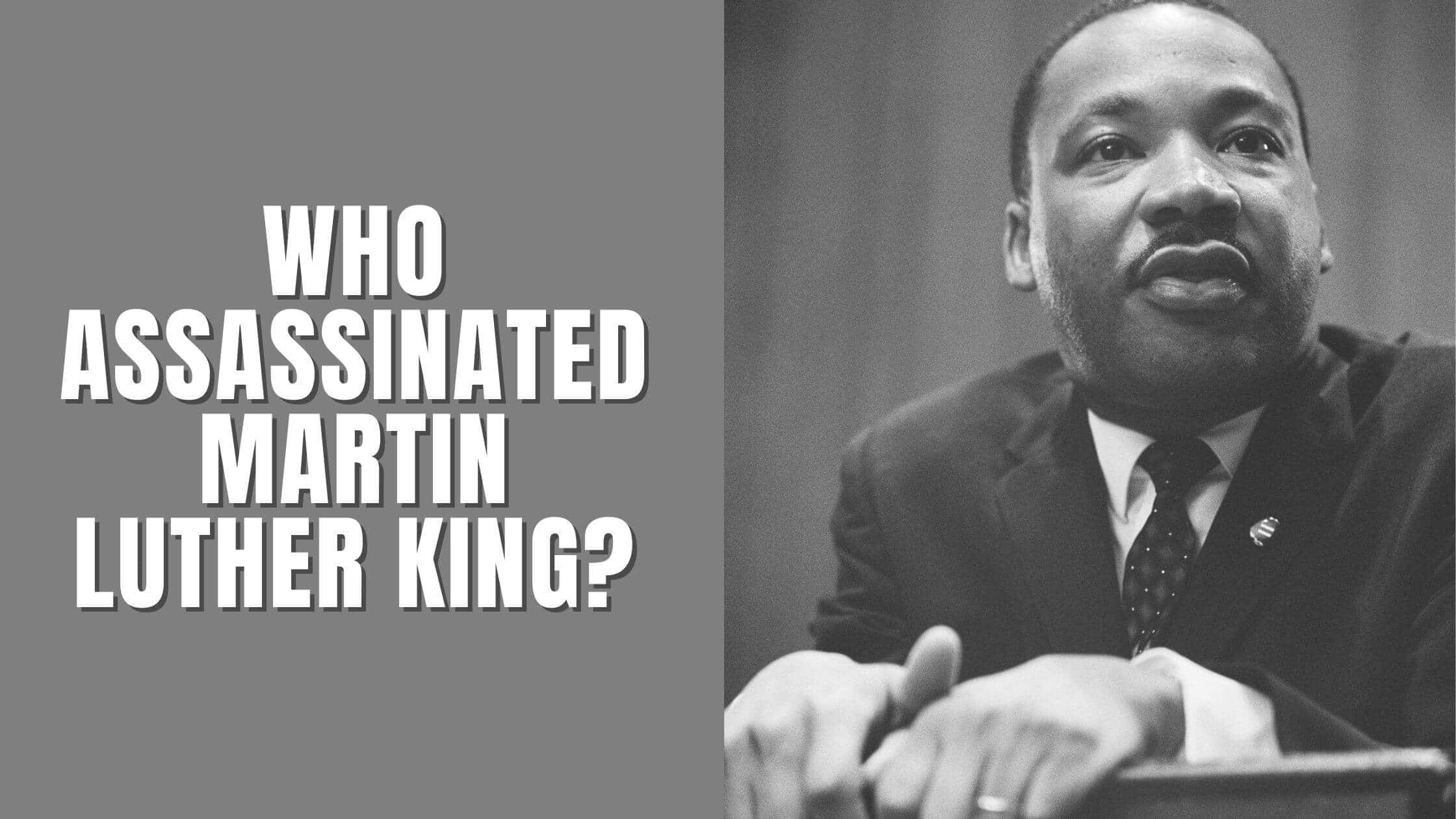Table of Contents
ToggleSources
- https://www.mountvernon.org/library/digitalhistory/digital-encyclopedia/article/spying-during-the-revolutionary-war/
This source from George Washington's Mount Vernon provides authoritative information on the spy networks during the Revolutionary War, including details about Nathan Hale and the Culper Spy Ring, which directly supports the blog post's claims. - https://www.history.com/topics/american-revolution/nathan-hale
History.com offers a detailed account of Nathan Hale's life, military service, and espionage activities, making it a reliable source for verifying the blog post's content about Hale's role in the Revolutionary War. - https://www.britannica.com/biography/Nathan-Hale
Encyclopaedia Britannica provides a well-researched biography of Nathan Hale, including his early life, education, and execution, which aligns with the blog post's narrative. - https://www.archives.gov/publications/prologue/2011/fall/tallmadge.html
This National Archives article discusses Benjamin Tallmadge and the Culper Spy Ring, offering authoritative insights into their operations and significance, which supports the blog post's section on Revolutionary spies. - https://www.battlefields.org/learn/biographies/james-armistead-lafayette
The American Battlefield Trust provides a biography of James Armistead Lafayette, detailing his espionage work and contributions to the American victory at Yorktown, corroborating the blog post's claims about his role.
Key Points
- The American Revolutionary War relied heavily on patriotic spy networks overseen by George Washington.
- Nathan Hale, a prominent American spy, is famous for his purported last words, 'I only regret that I have but one life to give for my country.'
- Hale was born into a Puritan family in Connecticut, excelled at Yale, and became a schoolteacher before joining the war.
- Hale volunteered for a dangerous spy mission behind British lines but was caught and executed by the British in 1776.
- Despite his failure as a spy, Hale became a symbol of patriotism and selflessness, honored with statues and as Connecticut's state hero.
- George Washington managed multiple spy networks, including ordinary citizens, to gather intelligence against the British.
- The Culper Spy Ring, led by Benjamin Tallmadge and Abraham Woodhull, was a critical intelligence network during the war.
- James Armistead Lafayette, an enslaved man, acted as a double agent and provided pivotal intelligence leading to the American victory at Yorktown.
- Spies like Hale, Tallmadge, Woodhull, and Armistead played essential roles in undermining British efforts and aiding the American cause.
Summary
The blog post highlights the crucial role of spies in the American Revolutionary War, focusing on Nathan Hale, a schoolteacher-turned-spy who became a martyr for his patriotism. Despite his mission's failure, Hale's legacy endures, along with other key spies like Benjamin Tallmadge and James Armistead Lafayette, who provided vital intelligence under George Washington's leadership. Their bravery and contributions were instrumental in securing American independence.
Revolutionary Spies
The American Revolutionary War was a topsy-turvy affair that hung in the balance for long periods of its duration from 1775 to 1783.
Among a variety of other factors, including French interventionism and brilliant tactics from leaders like George Washington, the patriotic spy network overseen by Washington was made up of many courageous individuals that put their lives on the line for the American revolutionary cause.
Which American Revolutionary War figure was executed by the British for spying?
One of the most daring of the American spies who ended his life as a martyr for the revolutionary cause, Nathan Hale is famous for purportedly (though there is little proof that it actually happened) uttering his final words, “I only regret that I have but one life to give for my country” before being hanged by the British.
Early Life
Nathan Hale was born in Coventry, Connecticut, on June 6, 1755, into a prominent family of seriously devoted Puritans. They instilled in Nathan and their other children the importance of hard work and education and instilled in them a philosophy of living a virtuous life in line with their religion.

At 14, Nathan headed to Yale College in New Haven along with his older brother Enoch. While at Yale, Nathan stood out in debate and literature study.
Hale went on to graduate at the age of 18. Following his graduation, Hale became a schoolteacher, first in East Haddam, Connecticut, and later at a prestigious private academy in New London.
Military Service
A year after acquiring his teaching position in New London, the American Revolutionary War broke out with the opening of salvos in Lexington and Concord in Massachusetts.

Two of the Hale brothers joined the fight, marching off to Massachusetts with the Connecticut Militia. Nathan himself enlisted on July 6, 1775. Hale became a commissioned officer in Washington’s Continental Army in January of 1776.

Get Smarter on US News, History, and the Constitution
Join the thousands of fellow patriots who rely on our 5-minute newsletter to stay informed on the key events and trends that shaped our nation's past and continue to shape its present.
Following the Continental Army’s defeat in the battle of Brooklyn Heights, General George Washington was forced to retreat to Manhattan, giving the British control of Long Island. In a desperate spot, Washington reached out for volunteers to put their lives at risk and venture behind enemy lines.
Hale’s Spying Days
Without seeing any action after over a year in service, Hale, imbued with a deep sense of duty, decided to volunteer for the dangerous role despite its inherent risks. Spies were considered illegal combatants and executed with haste.
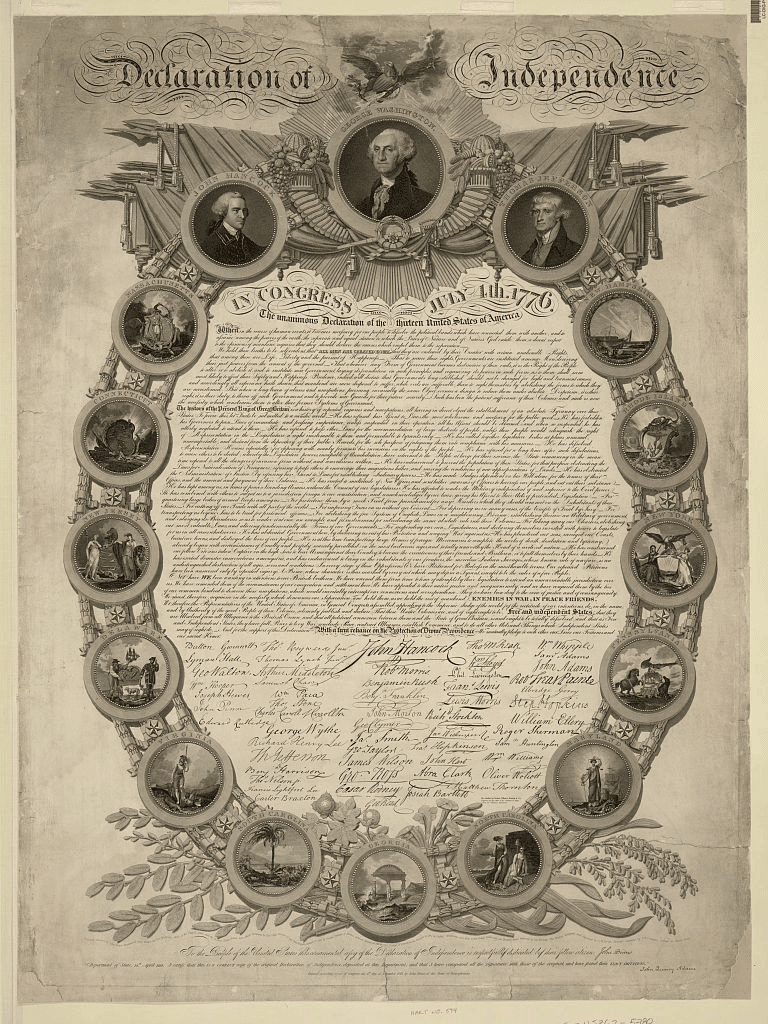
Hale, in disguise, took passage aboard a ferry and arrived in Huntington, Long Island, in mid-September of 1776, impersonating a newly arrived schoolteacher.
While the British were fighting Washington’s troops in Harlem Heights (upper Manhattan), Hale asked around while in disguise. His questions were either too numerous or too abnormal, and he promptly aroused suspicion.
He ran into a double agent. A British agent that was posing as an American sympathizer got Hale to reveal his mission, wherein-after British authorities placed him under immediate arrest.
Interrogation & Internment
While Hale was interned, Washington’s troops were forced to retreat again, leaving New York City entirely. Hale was sent to British General William Howe’s headquarters at First Avenue and 51st Street in Manhattan, where he was quickly condemned to death.

On September 22, Hale was transported to Artillery Park, now Third Avenue and 66th Street. After climbing a ladder, Hale was hung from a tree. Reports state that Hale handled the affair with great composure, without fear, and in a stoic manner.
Hale’s Legacy
Despite his failures as a spy, Hale has been remembered long after his death due in part to his patriotism and likability as well his untimely demise and because of the widespread and the likely falsely attributed quote, “I only regret that I have but one life to give for my country” which originates from the playwright Jonathan Addison’s play Cato, reportedly a favorite of Hale’s.
After the myth became fact, following countless retellings, Hale transformed post-mortem into a symbol of selflessness and patriotic duty, an American hero and icon.
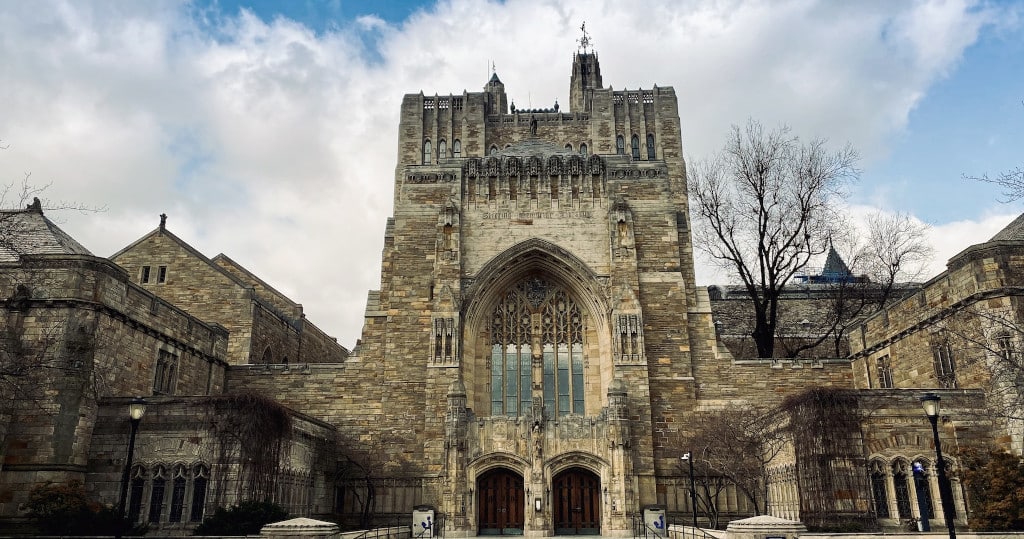
Hale has received statues in the cities of New Haven, Hartford, and New York City in addition to the Nathan Hale homestead located in Coventry which now serves as a museum, Hale was voted by the Connecticut state legislature as the state’s official hero.
Other Revolutionary Spies Not Named Hale
Though he was the most famous of American spies during the American Revolutionary War, he was one of many spies utilized by the American side to undermine British efforts through subterfuge.
General George Washington, commander of the Continental Army, was also a spymaster who managed several different networks of spies that operated in close-knit circles and reached further into the high society of loyalist circles.
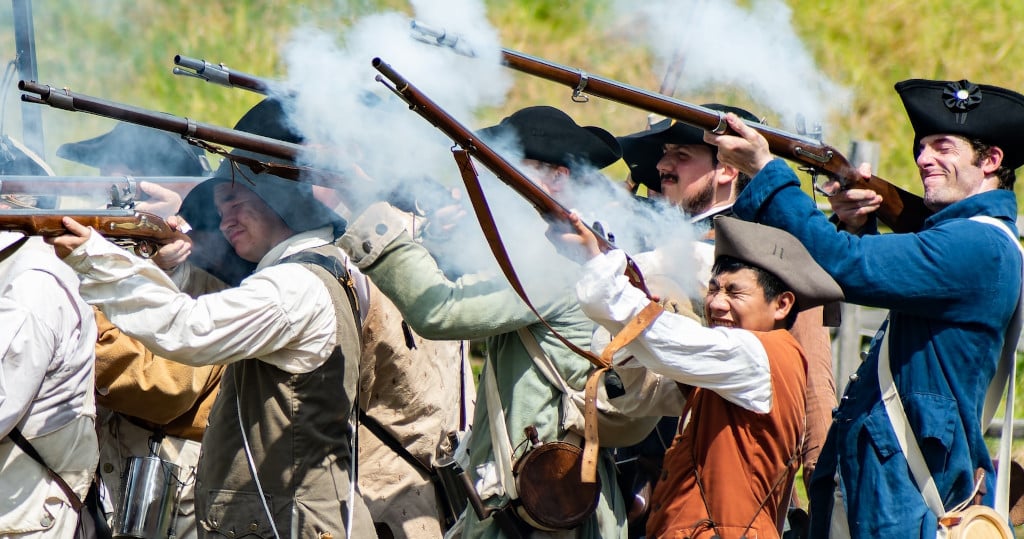
General Washington managed a stable of undercover agents from all sectors of life (farmers, tailors, merchants, and other ordinary citizens) that maintained secret correspondences, passing valuable information from British lines and loyalist circles that made its way back to the American side on the form of useful information used by the Continental Army in their efforts against the British.
Benjamin Tallmadge
Major Tallmadge was selected by George Washington in 1778 to create and lead a spy ring in New York City, the headquarters of the British military at the time. Tallmadge created the Culper Spy Ring, recruiting and using his friends as informants.
Tallmadge acted as the primary handler and manager of the successful and critically important Culper Spy Ring through the end of the war.
Abraham Woodhull
Abraham Woodhull was a farmer who played an integral role in the Culper Spy Ring. Woodhull acted as the de-facto leader of the Culper Ring. Apart from Major Tallmadge, Woodhull decided which information obtained from the group of spies was important enough to be disseminated and would eventually be passed on to George Washington. Woodhull went by the pseudonym of “Samuel Culper Sr.”.
James Armistead Lafayette
An enslaved man who volunteered to fight in the Continental Army under French general Layfayette in the early 1780s.
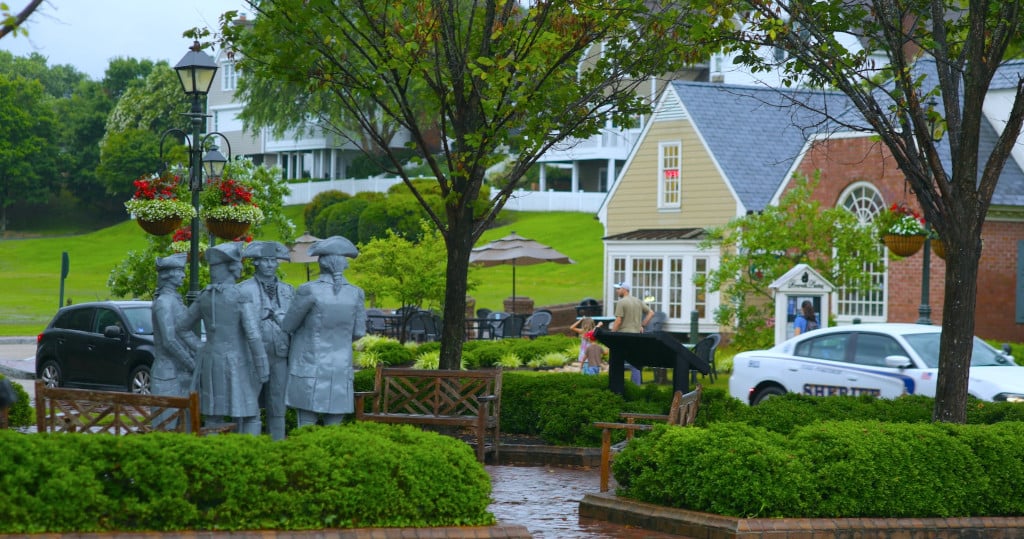
Armistead worked as a double agent for the patriot cause. He posed as a runaway slave who agreed to work with British forces. Still, he collected intelligence on British troop movements and reported back to his American handlers.
He spied on Brigadier General, British double agent Benedict Arnold, and Lord Cornwallis, a high-ranking British General. Armistead’s efforts and the intelligence he gathered were pivotal in helping the American forces defeat the British during the Battle of Yorktown.
Which American Revolutionary War Figure Was Executed by the British for Spying? Quiz
Frequently Asked Questions
Who was Nathan Hale and why is he famous?
What was the Culper Spy Ring and who led it?
How did James Armistead Lafayette contribute to the Revolutionary War?
What role did George Washington play in espionage during the Revolutionary War?
What is Nathan Hale's legacy today?
How useful was this post?
Click on a star to rate it!
Average rating / 5. Vote count:
No votes so far! Be the first to rate this post.
We are sorry that this post was not useful for you!
Let us improve this post!
Tell us how we can improve this post?

